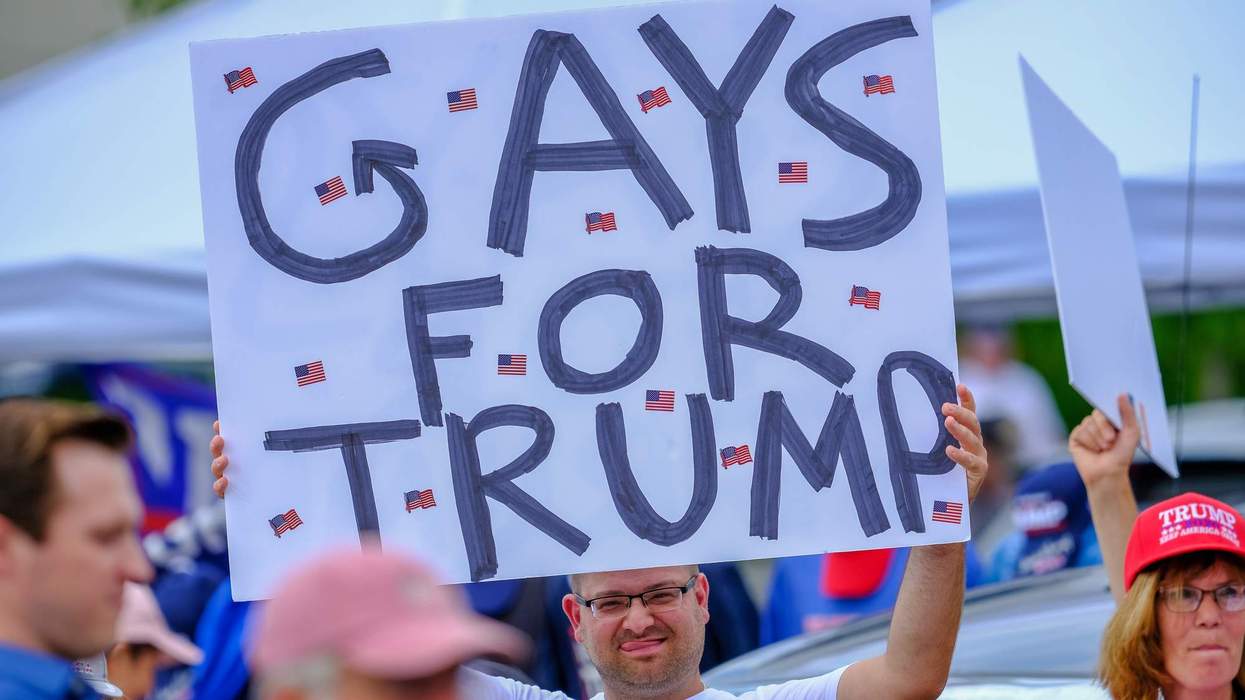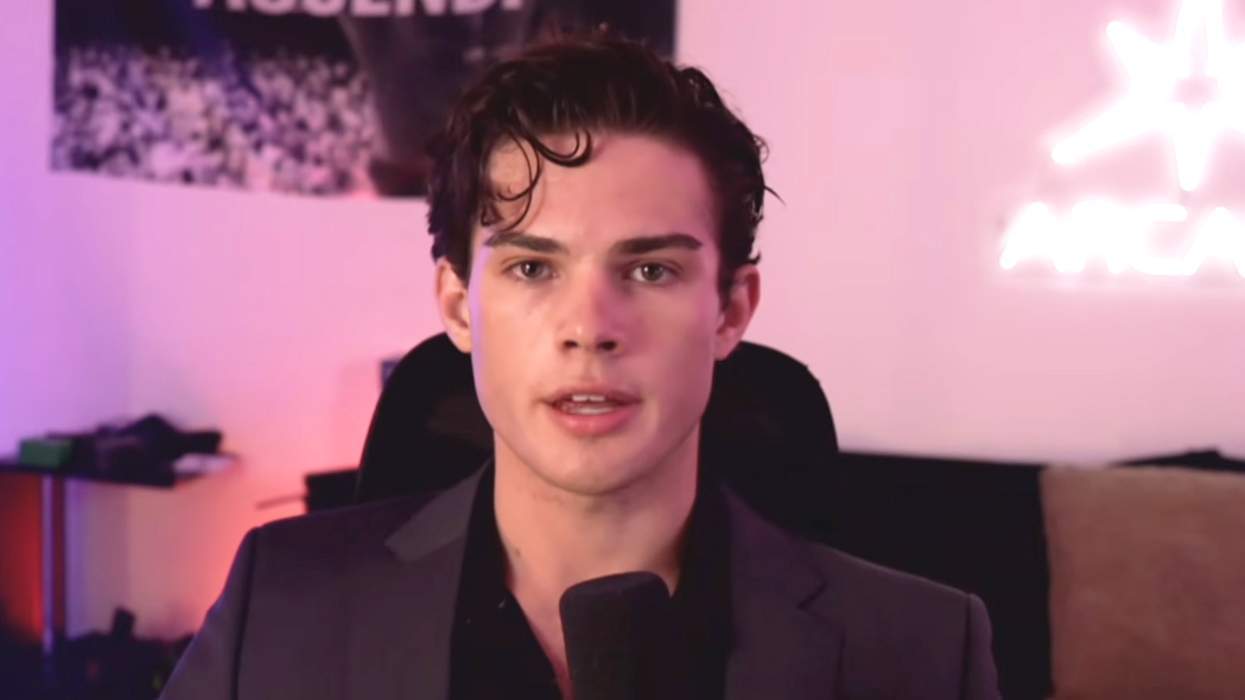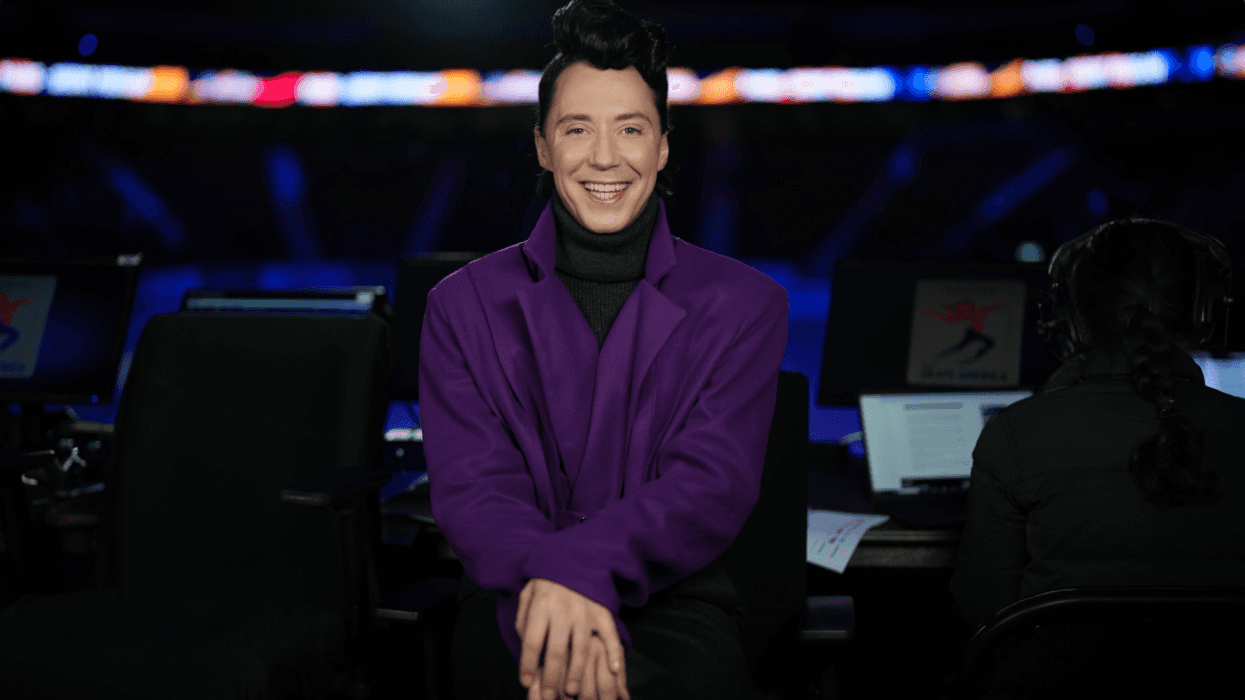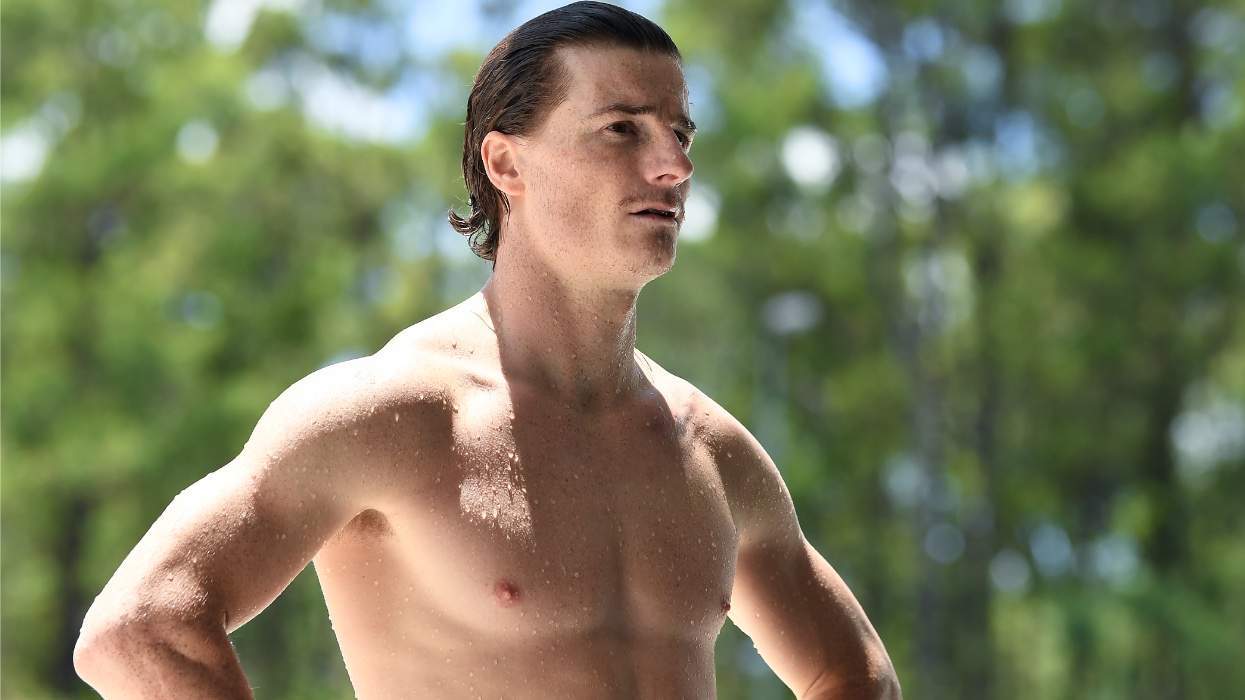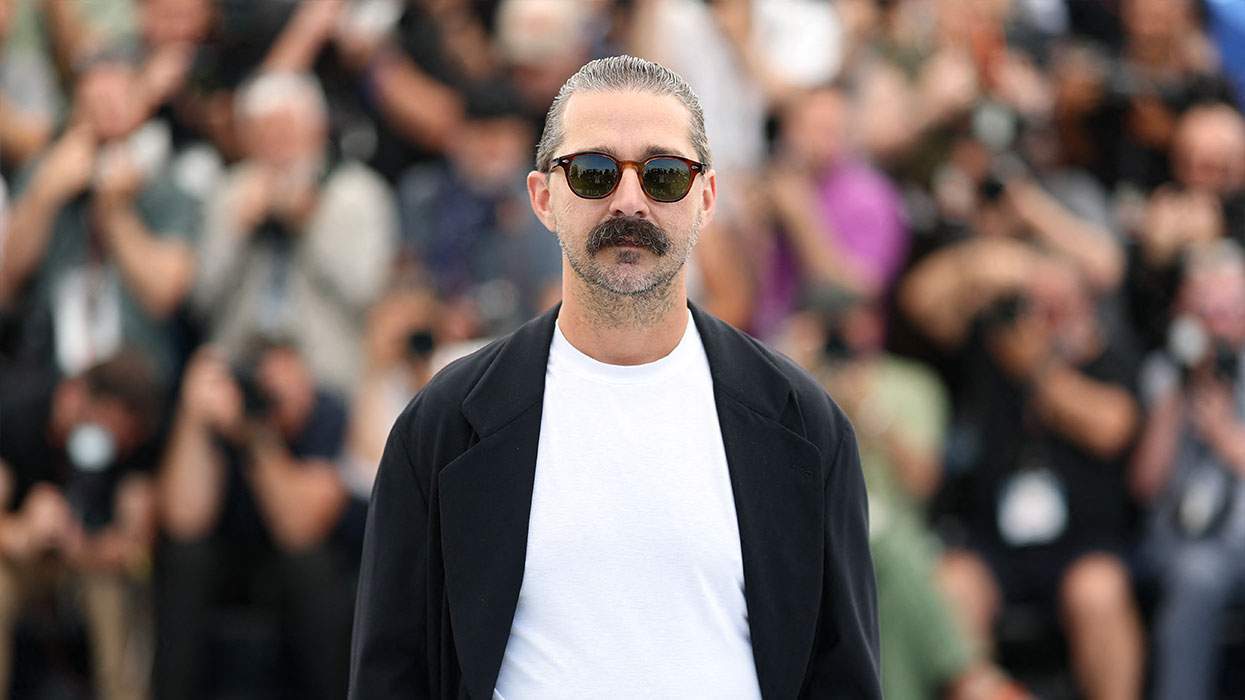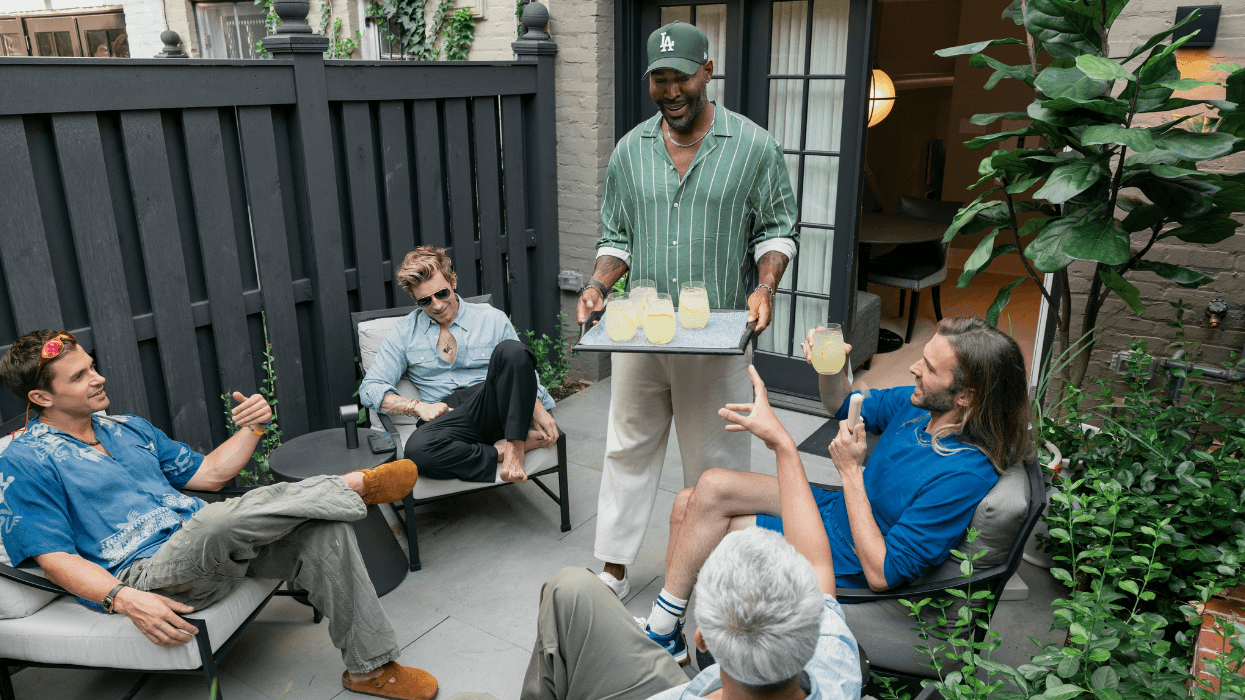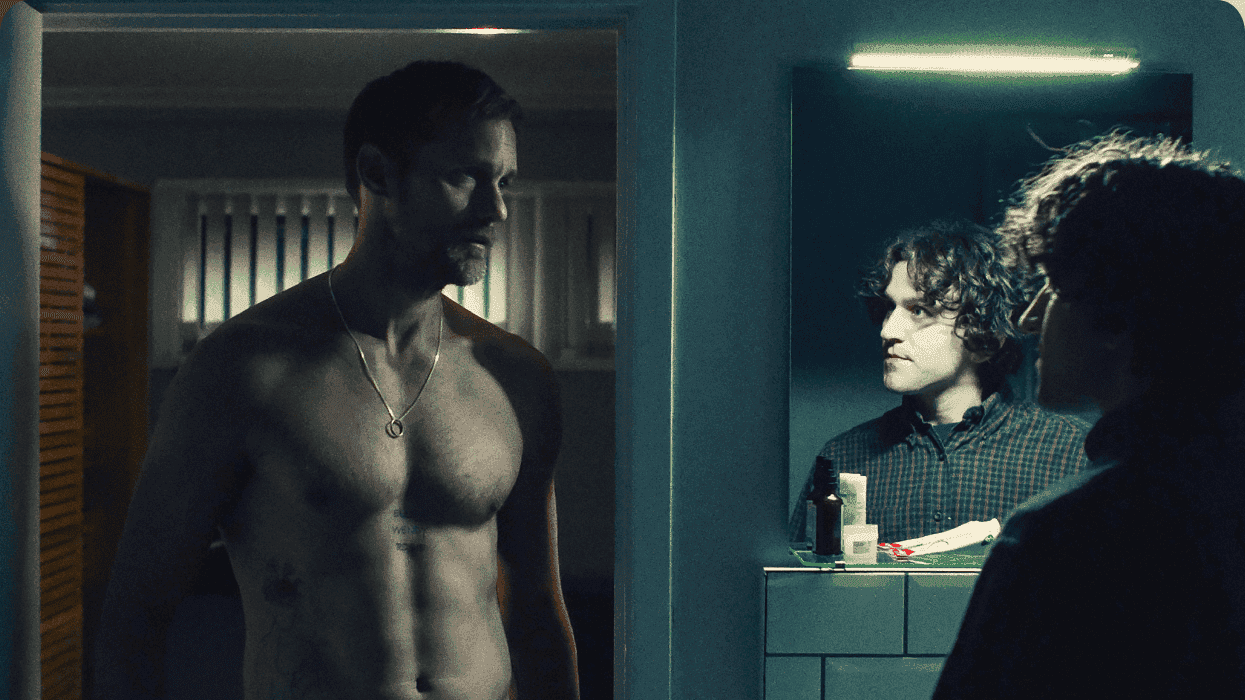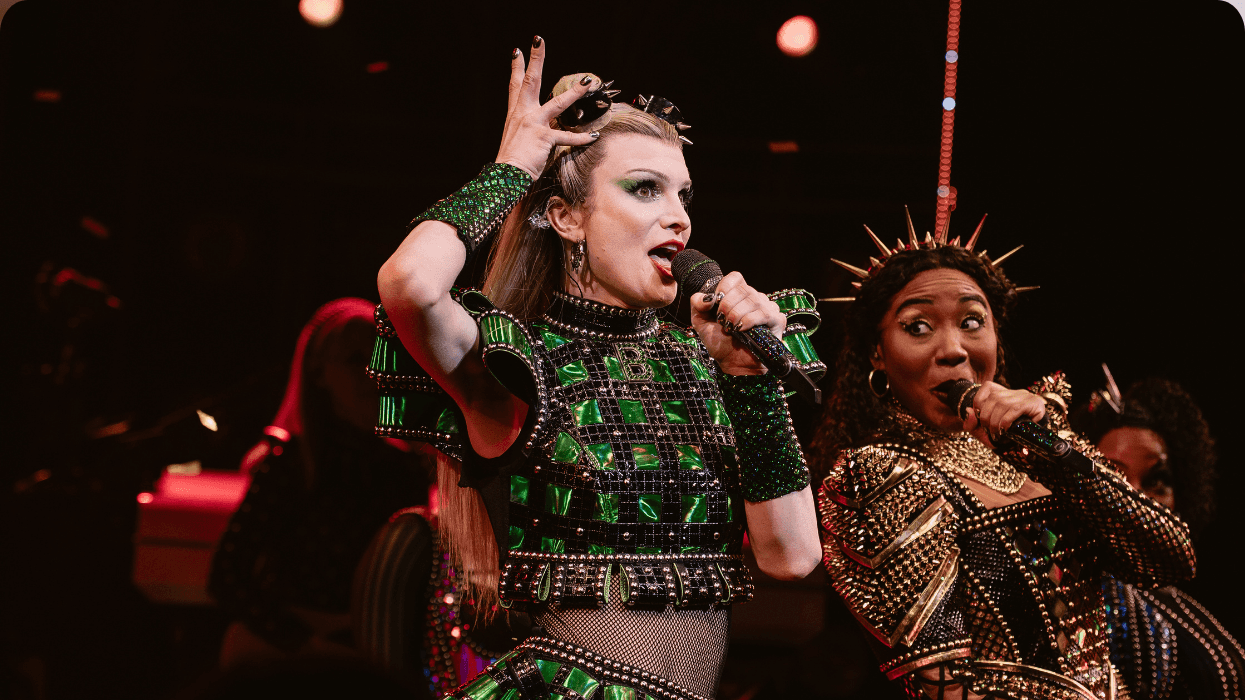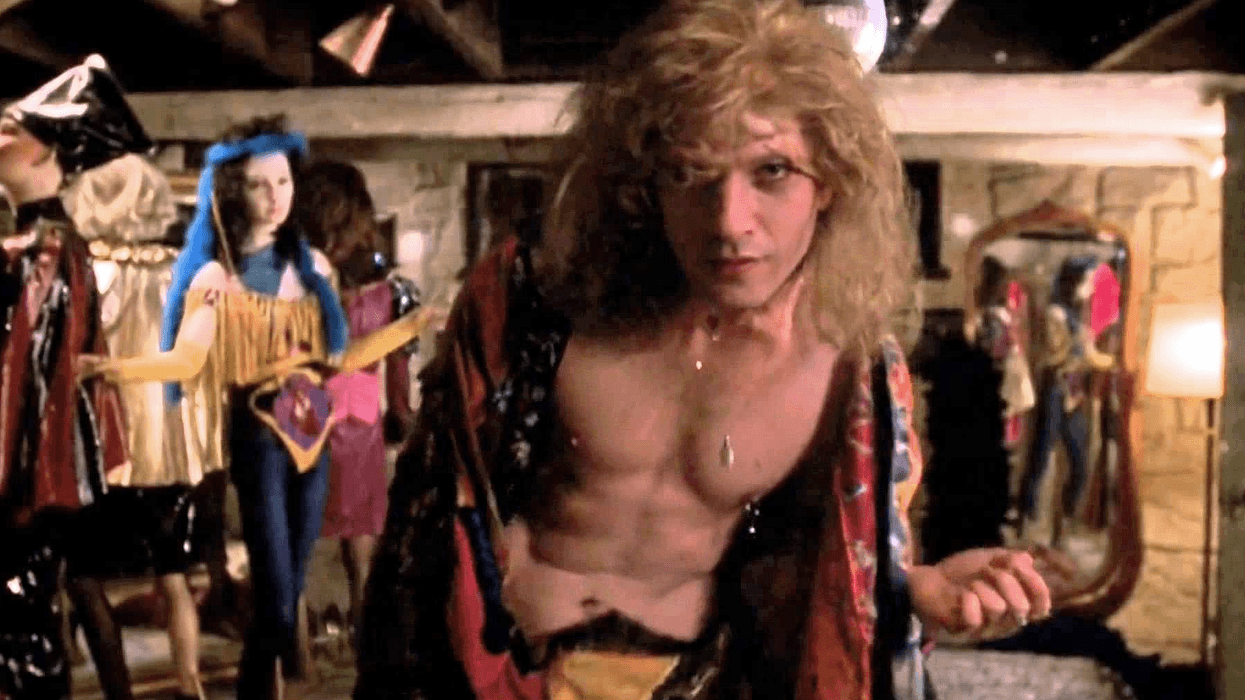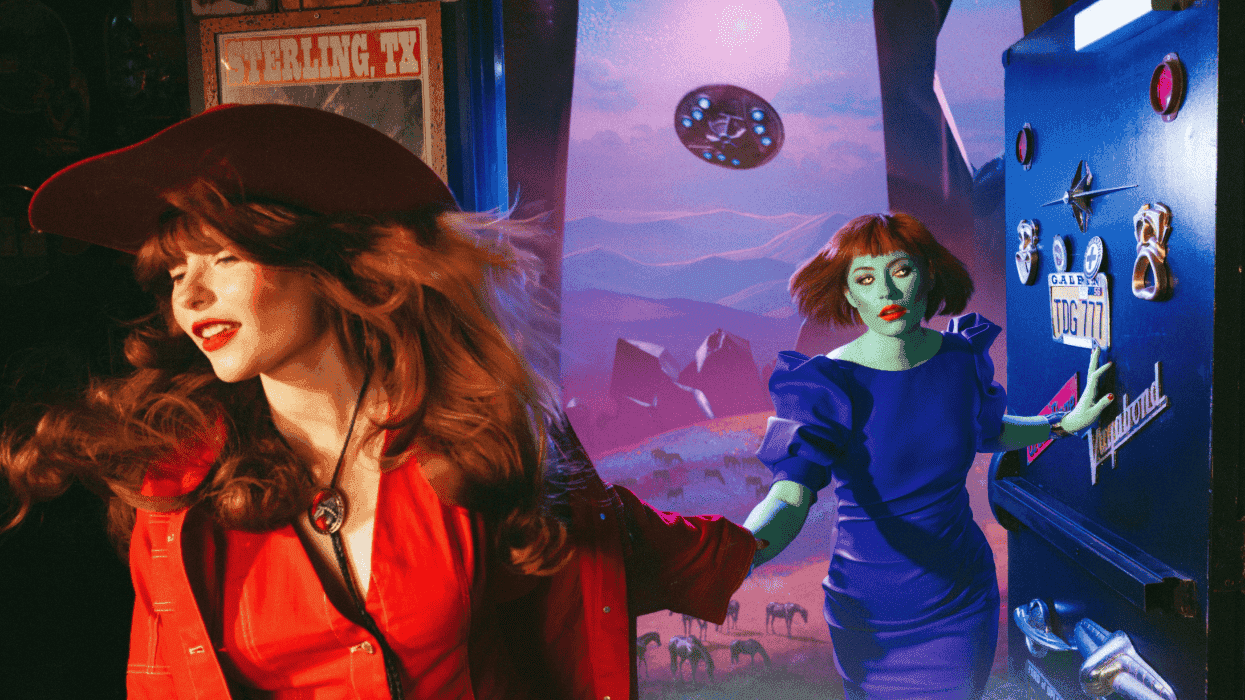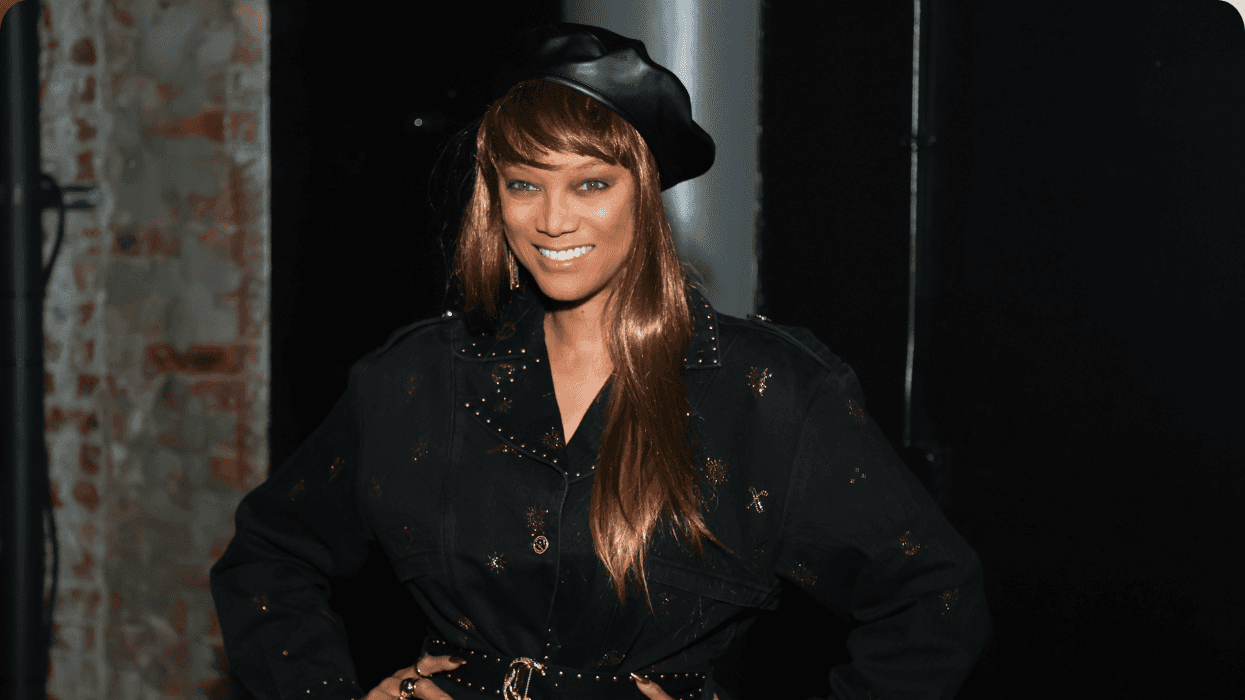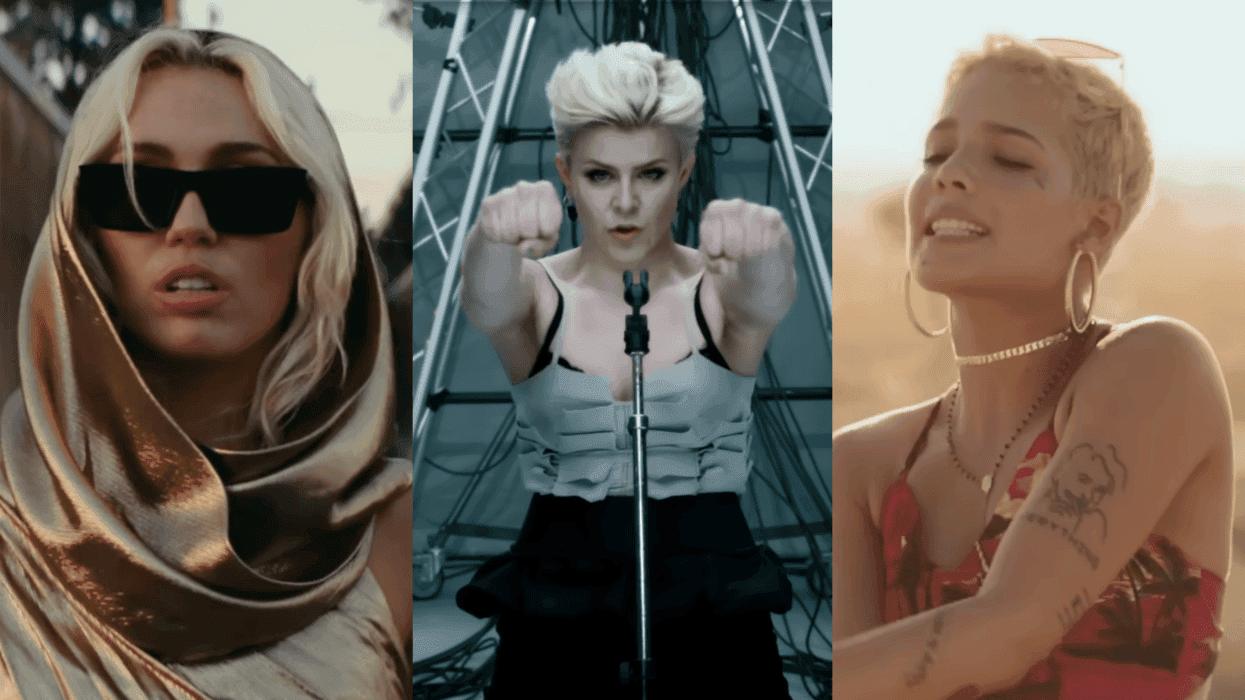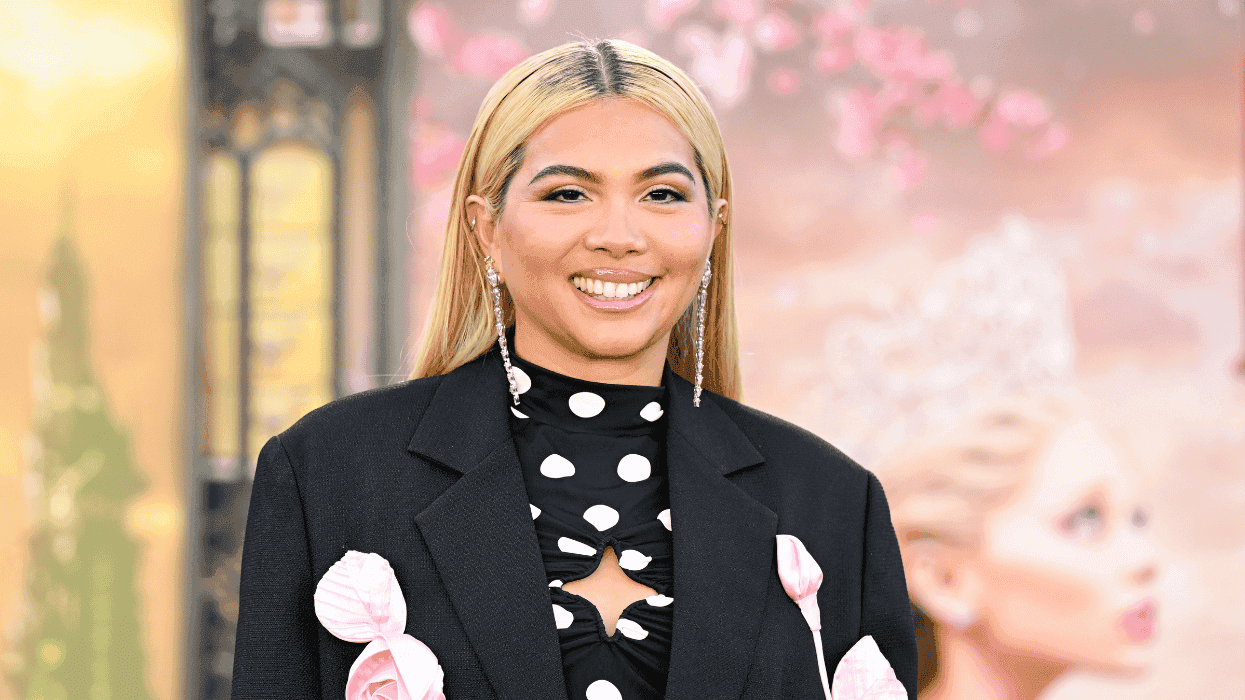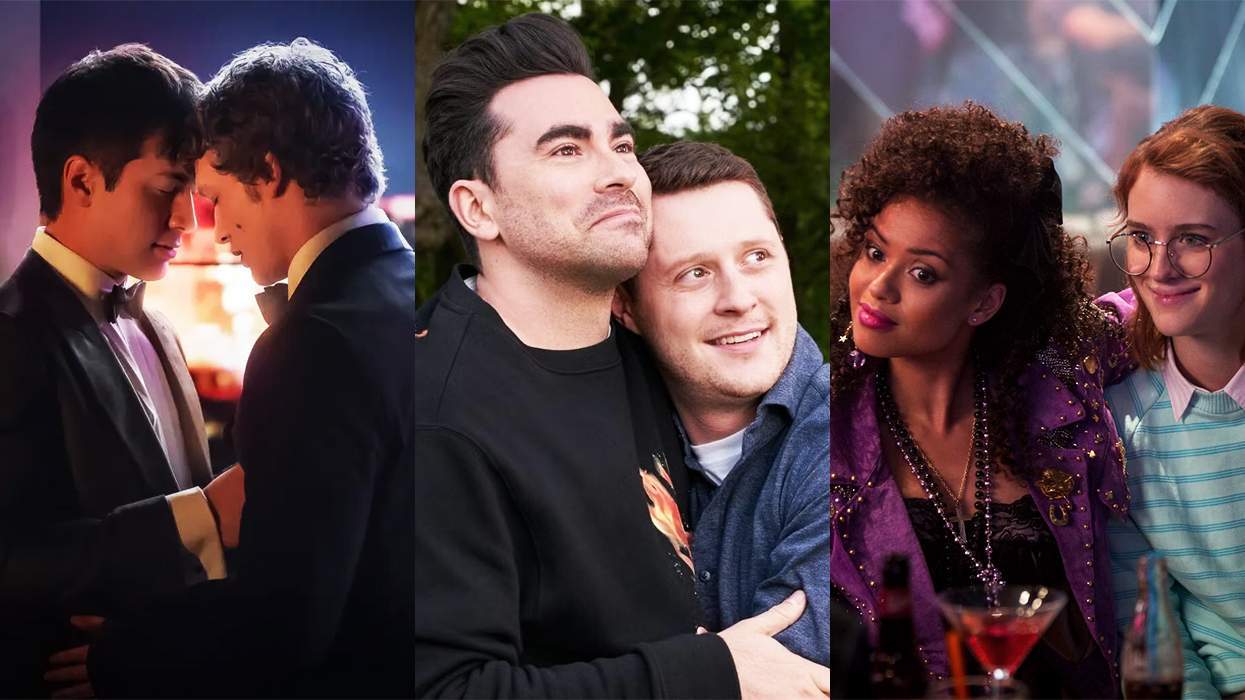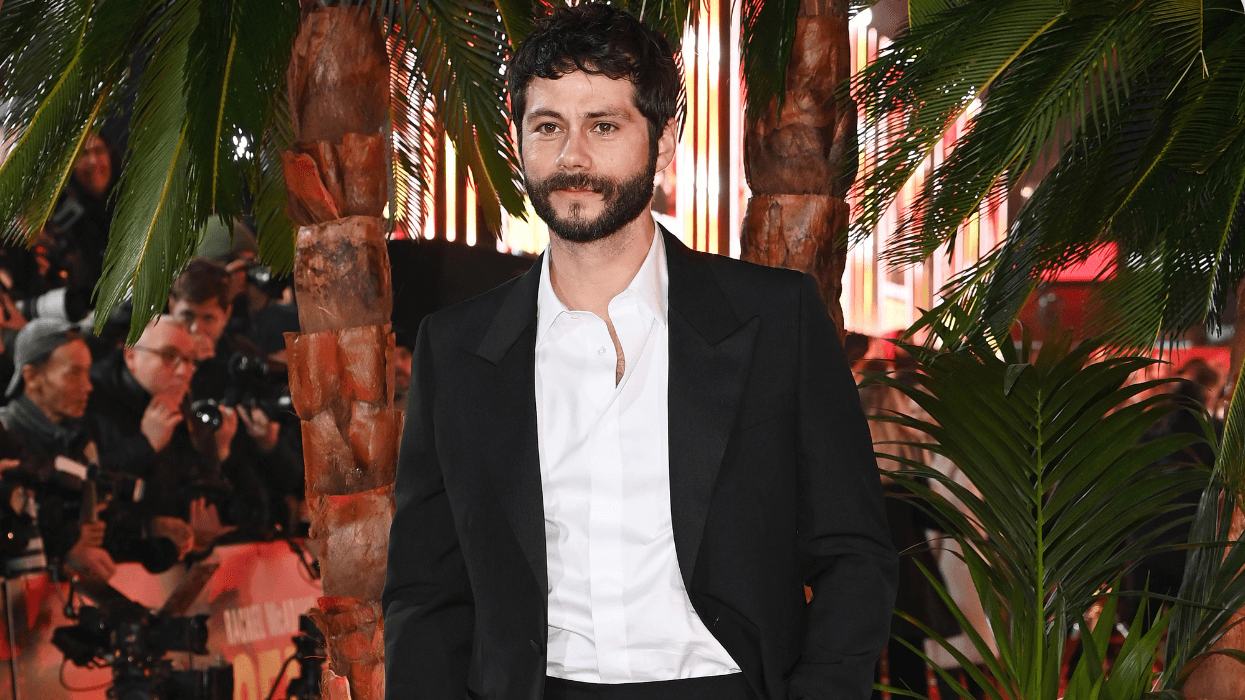Poor Gary Gray of central Florida. With perhaps the world's dullest name, he's also morbidly obese, happiest when he's at Disney World or Waffle House, simple-minded, naive and stubbornly of the belief that if he truly surrenders to Jesus, he'll be de-gayed. But the universe has other plans for Gary, involving fatherhood, a life-changing incident on a train, a fabulous stint in Hotlanta, a tenure at a surprisingly fun-loving ex-gay conversion camp -- and maybe even a chance at not being a total mess. Gary's the protagonist of God Says No, the debut novel of New Yorker James Hannaham, a longtime arts critic and journalist for places like The Village Voice and Salon and an alum of the experimental downtown performance troupe Elevator Repair Service (ERS). He talked to us (okay, we admit it, we're old friends!) about why he wrote about an uncool guy in an uncool place, and about what, if anything, he and Gary have in common. Out: Well, first of all, your book is hilarious but also deeply moving. I would constantly laugh and tear up on the same page. Gary is really a character you end up rooting for despite how pathetic he is. James Hannaham: That's absolutely what I intended. But if you stop and think about it, there are plenty of reasons why you might be a little more critical of him. In a first-person narrative, your narrator is always a little unreliable and a little self-serving. He [redacted because it's a spoiler!] and is obsessed with this one aspect of his personality, being attracted to men. He can't find any sort of balance. The world of this book is about as far away as possible from where you grew upYonkers, right outside New York Cityand the New York world you've lived in your whole adult life. Where did this book come from? Several different things came together over time and snowballed into what became the character and the book. I wrote a first novel that didn't get published, and some of the reaction from publishers was that they just didn't like the main character. So I thought, What if I wrote a character like Gary, whose big problem is that he wanted to be liked? Then once when I was traveling with ERS, I thought, what if we weren't a theater company but an international terrorist organization posing as a theater company? So I started this story about a mime troupe that had a residence at an amusement park, and that Gary was involved in the group somehow. Then that mostly got removed and it became Gary's coming-of-age story. But mainly the book is about a guy who desperately wants to lose his homosexuality and who thinks God is forsaking him in not letting him overcome his gayness. It seemed kind of an unfashionable thing to write about, but when I thought about it -- I mean, I have a certain friend whose family is from New Jersey, not the South, and yet they're Pentecostal and he was not out to them even though he was 33. Even in places where we say we're enlightened, like the northeast, it's always somewhat of a struggle to be raised by heterosexual parents -- even the ones who profess to be okay with it. But why did you write this big pathetic mess of a character? There are a bunch of different reasons. He's kind of a strange negative image of me, because I'm not all that interested in writing about myself. I was raised in the north and I wasn't raised any religion and only went to church for weddings and funerals. But I'm like a lot of black Americans in the northeast in that I'm only a generation removed from the south. My mother was from Georgia and my father's family was from the Carolinas. There was no real Jesus presence in your childhood? Not at all. On my mother's side of the family, art is much more their religion than Christianity. [Hannaham's cousin is the artist Kara Walker.] I think my mother considered herself a Christian mystic and my dad is involved with those Science of Mind people who meet at Alice Tully Hall [at Lincoln Center]. Did you ever want not to be gay? Not really. I have to say, when I sort of figured it out for myself in high school, it kind of turned me on. I grew up listening to Gay Day on [alternative New York radio station] WBAI. My dad would take us down to Greenwich Village all the time. I never had that sense that a lot of gay people talk about of being the only one. I knew it was something I didn't want to deal with in high school, but I pretty much decided I would the second I got to college. Within days of being there, I had lost my virginity. Still, why were you drawn to writing the journey of this big schlubby guy? At first I thought I was a writer who wrote out of a profound understanding of the world because I'd done so much nonfiction. But then I realized that I got a different kind of inspiration when I wrote as someone filled with a sense of confusion and wonder about the world. For some reason, that felt a lot more like who I was. A lot of the book reminded me of A Confederacy of Dunces -- the sweetness along with the outrageousness and a lot of the subversiveness. That's one of my favorite books. I'm sure some of that probably filtered in. Who would play Gary Gray in the movie? A younger, fatter Forest Whittaker maybe. You did a lot of research on ex-gay conversion camps for the book and almost went undercover at one. What drew you to that world? While I was writing the book, one of those ex-gay controversies flared up -- the one about the teenage blogger Zach who'd been sent away to one by his parents. I was going to go to someplace like that, but I thought my cover would be blown pretty quickly, and that I would've just felt icky to myself. So I joined a listserv of ex-ex-gays [ex-gays who later renounce having been converted]. I gave one of them a section of the book that deals with that and he gave me extensive notes. The closest to my life I could imagine it would be an artists colony -- a place with a bunch of people who share similar values, eat in the same common space and have crazy weird interactions. The big thing the guy corrected for me was -- I thought an ex-gay camp would have much more punishment involved in the day-to-day operations, but he gave me the impression that there were lots of friendly fun people who loved Jesus and wanted the best for you. I wanted to write that section because a lot of the book is about fooling yourself and being completely without a particular piece of information about yourself that other people can see. And those camps are hotbeds of that, in a certain way. Doesn't it seem to you that a lot of people who go to reparative therapy seem pretty obviously gay? I think there's something interesting about the way we perform ourselves. If you're leading a double life, which life is more real? Also, the whole book takes place in the strip-mall, Waffle House, amusement-park version of the south. Did you spend a lot of time there for it? One of the places in the book I've never been to, but I don't want to spoil it by saying which. I've been to most of those places at least twice. If this book is at all in a tradition of African-American literature, it's a kind of slave narrative where Gary never gets out of the south -- he just kind of buzzes around it like a fly trapped in a box. Does a part of you want to be a southerner or live there? Maybe it's the food. I know it's horrible for me, but it's also home. The waffles. I guess it's probably the waffles. God Says No is in stores now. Send a letter to the editor about this article.
Search
Latest Stories
Sign me up!
See what's new and hot in queer entertainment, in your inbox three times a week.
@2026 PUBLISHING INC
ALL RIGHTS RESERVED
ALL RIGHTS RESERVED
By continuing to use our site, you agree to our Privacy Policy and Terms of Use.
The Latest
More For You
Most Popular
Load More
@2026 PUBLISHING INC
ALL RIGHTS RESERVED
ALL RIGHTS RESERVED



